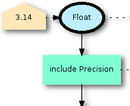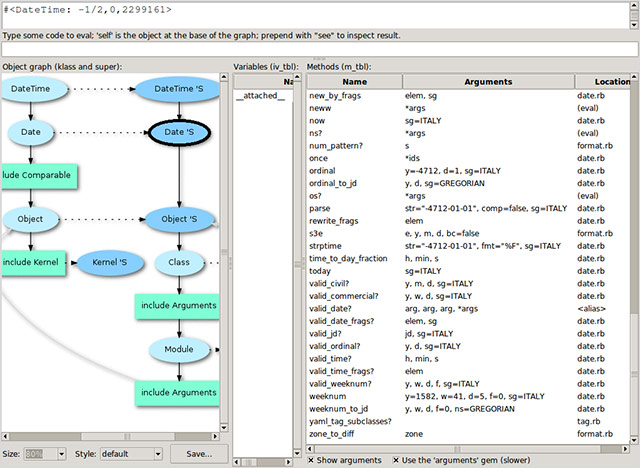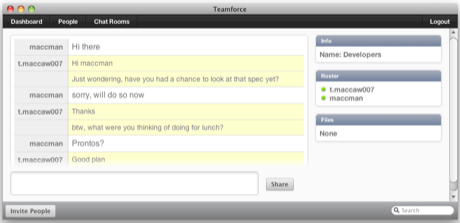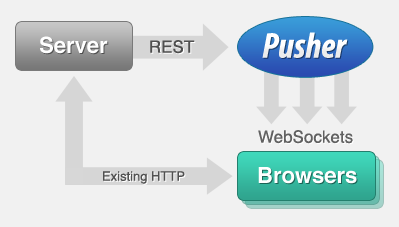By Peter Cooper / April 28, 2010
 When you want to inspect your objects in Ruby, Object#inspect, p, or awesome_print are all valuable. You’re stuck with plain-text, though, and primarily designed to look at object data rather than object models. If you want to drill down into parent classes, see object and class relationships, etc, then, check out DrX, a visual object inspector for Ruby!
When you want to inspect your objects in Ruby, Object#inspect, p, or awesome_print are all valuable. You’re stuck with plain-text, though, and primarily designed to look at object data rather than object models. If you want to drill down into parent classes, see object and class relationships, etc, then, check out DrX, a visual object inspector for Ruby!
DrX bills itself as a “small object inspector”, but its key features are that it shows results visually (in a GUI interface) and that it focuses on showing the object model behind your objects, rather than the data contained within. A visual example of a DrX session should give you the idea:

Usage
Once DrX is installed (more on that in the next section), you just require ‘drx’ it into your app (or even within irb) and then use the Object#see method to get DrX into action:
require ‘drx’
123.see
Even this rudimentary example will bring up an interesting graph. Read More



 The latest installment of my series of roundup posts, covering some of my latest findings in the world of all things Ruby. Why two “tidbits” posts in a row? Well, I’m radically redesigning/reworking Ruby Inside to be more interesting, both to you and me. This coupled with work on my new startup
The latest installment of my series of roundup posts, covering some of my latest findings in the world of all things Ruby. Why two “tidbits” posts in a row? Well, I’m radically redesigning/reworking Ruby Inside to be more interesting, both to you and me. This coupled with work on my new startup  The latest installment of our series of roundup posts, covering some of our latest findings in the world of all things Ruby (or not). These items wouldn’t make it in as separate posts, but they should be of enough interest to Rubyists generally to make it a worthwhile browse for most readers.
The latest installment of our series of roundup posts, covering some of our latest findings in the world of all things Ruby (or not). These items wouldn’t make it in as separate posts, but they should be of enough interest to Rubyists generally to make it a worthwhile browse for most readers.
 Need a new
Need a new  Following on five months after the release of the popular JRuby 1.4, the
Following on five months after the release of the popular JRuby 1.4, the 


 In the UK there’s a cliché that goes: “You wait hours for a bus, and then three come along at once!” So it went with these three Ruby date and time libraries. They all made an appearance on
In the UK there’s a cliché that goes: “You wait hours for a bus, and then three come along at once!” So it went with these three Ruby date and time libraries. They all made an appearance on  When you want to inspect your objects in Ruby, Object#inspect, p, or
When you want to inspect your objects in Ruby, Object#inspect, p, or 


